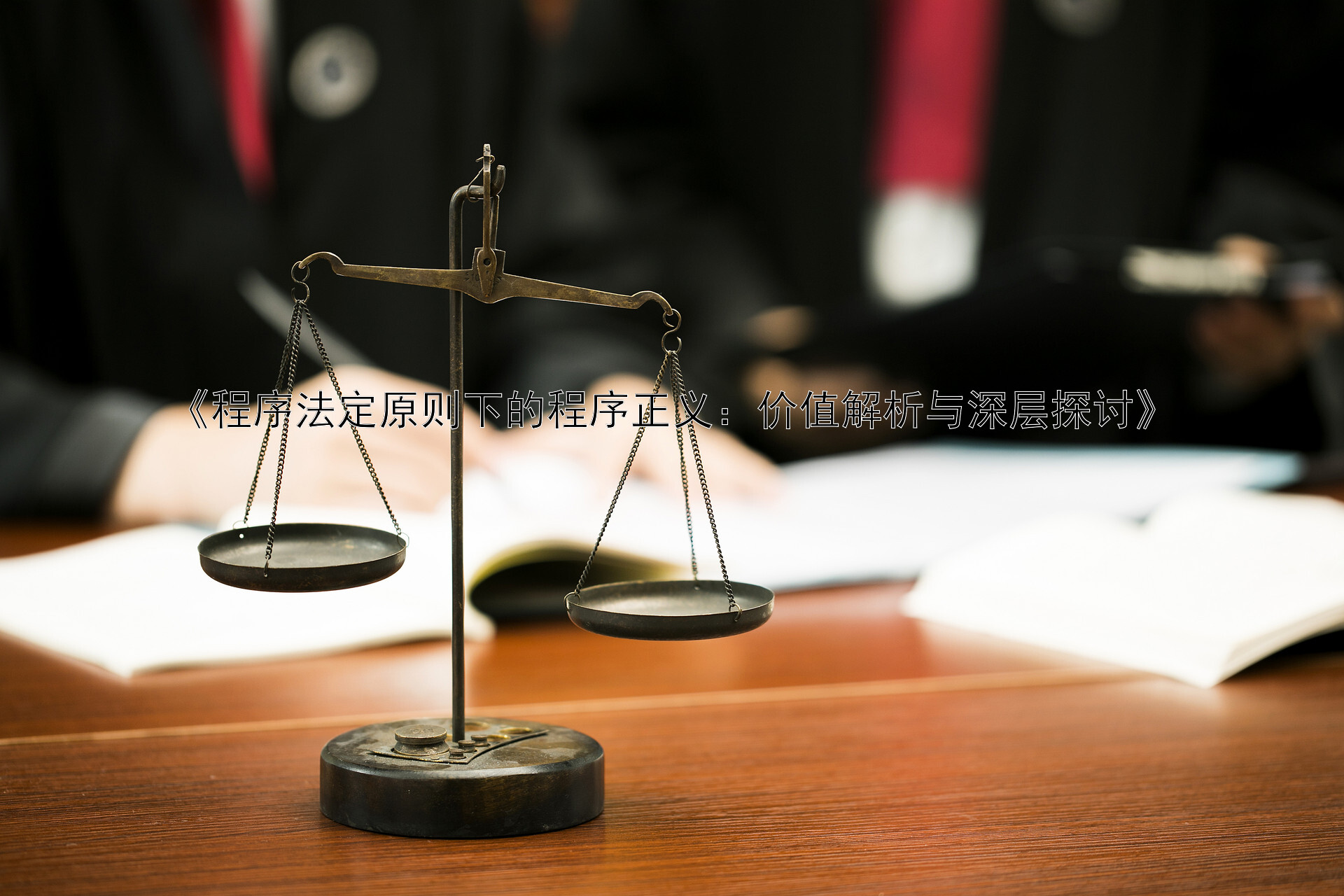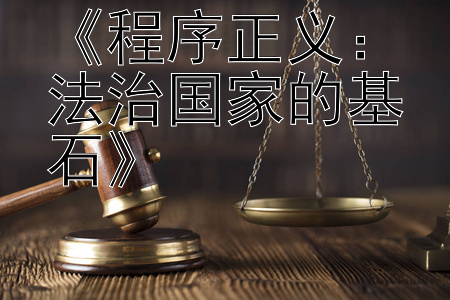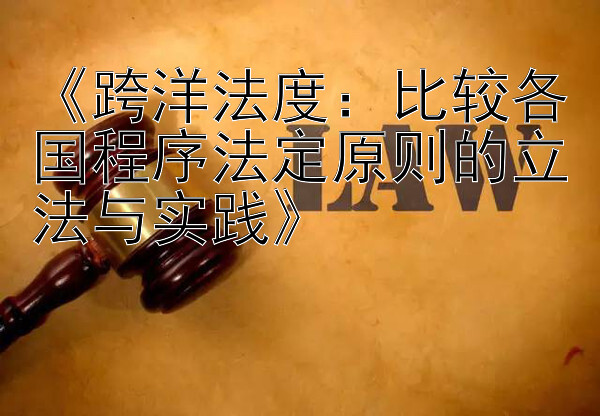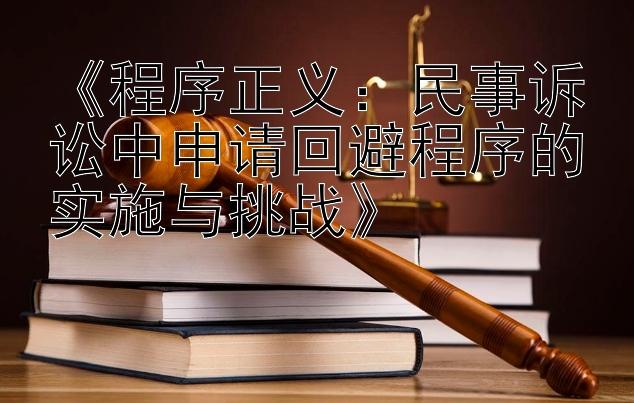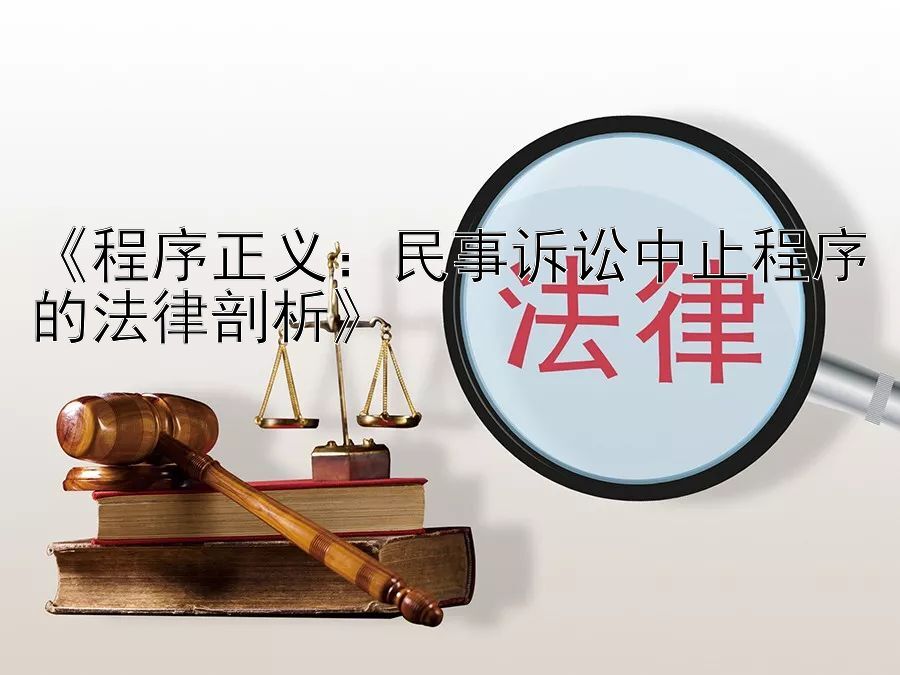探索程序正义:程序法原则在仲裁实践中的实施与挑战
标题:程序正义的基石:程序法原则在仲裁实践中的实施与挑战
摘要:程序正义是现代法治社会中至关重要的一环,它确保了司法过程的公平性和透明度。作为实现程序正义的重要手段之一,程序法原则在仲裁实践中扮演着关键的角色。本文将探讨程序法原则如何在仲裁过程中得以实施,以及面临的潜在挑战和应对策略。通过对仲裁实践的分析,我们可以更好地理解并推动程序正义的发展。
正文:
一、程序法原则概述 程序法原则是指为了保障公正审判和诉讼权利而设立的一系列法律规则和准则。它们旨在保护当事人的合法权益,防止滥用权力和不公对待的发生。在仲裁实践中,这些原则尤为重要,因为仲裁作为一种替代性纠纷解决机制,同样要求其程序具有合法性和正当性。以下是几个核心的程序法原则:
- 当事人平等原则:双方当事人在仲裁过程中的地位应当平等,享有相同的陈述权、辩论权等基本权益。
- 公开透明原则:除涉及国家秘密、商业秘密或个人隐私外,仲裁程序应公开进行,以确保各方都能了解案件进展情况。
- 回避制度:如果仲裁员存在可能影响公正判断的情况(如与一方有利益关系),应当主动回避或者依申请回避。
- 证据充分原则:仲裁裁决应以充分的、可信的证据为基础,不能仅凭主观臆断做出决定。
- 时限规定:仲裁程序应当设定合理的期限,避免拖延和不必要的延误,提高效率。
- 救济途径:当事人对仲裁结果不满意时,应当提供有效的救济途径,例如上诉或再审。
二、程序法原则在仲裁实践中的实施 在具体的仲裁过程中,程序法原则主要通过以下几个方面得到体现:
- 仲裁协议:当事人在签订仲裁协议时,通常会约定适用的法律和仲裁规则,这为后续的仲裁程序奠定了基础。
- 仲裁庭组成:根据仲裁规则,当事人可以选择合适的仲裁员,并有权提出异议和建议。
- 证据收集和听证会:仲裁庭负责指导双方当事人提交证据并进行质证,同时组织听证会以便听取双方的陈述和辩论意见。
- 裁决书的制作:仲裁庭应当基于事实和法律规定作出裁决书,并在其中详细说明裁决理由,以保证裁决的可接受性和权威性。
- 执行效力:经过适当程序作出的仲裁裁决具有强制执行力,这是程序正义最终实现的保障。
三、程序法原则在仲裁实践中的挑战 尽管程序法原则在仲裁实践中得到了广泛应用,但仍然面临一系列挑战,主要包括以下几点:
- 文化差异:不同国家和地区的法律文化和传统可能会导致对程序正义的理解和实践有所不同。
- 专业能力不足:某些情况下,仲裁员的法律素养和职业道德水平参差不齐,可能导致程序不当或不公。
- 成本和时间压力:快速解决争议的需求常常使仲裁程序时间紧迫且费用高昂,这可能影响到程序法的有效实施。
- 国际协调困难:在全球化的背景下,跨国仲裁需要处理复杂的国际法律冲突问题,如何确保在不同法律体系间顺畅过渡是一个挑战。
四、应对策略 为了克服上述挑战,可以通过以下措施加强程序法原则在仲裁实践中的实施:
- 标准化和统一化:推动制定更加明确统一的仲裁规则和国际公约,减少因法律解释分歧导致的程序不确定性。
- 培训和教育:加强对仲裁员的培训,确保他们具备足够的能力和专业知识来进行公正高效的仲裁工作。
- 监督和审查:建立独立的机构对仲裁程序进行监督和评估,及时发现和纠正违反程序法原则的行为。
- 技术革新:利用信息技术改进仲裁流程,提高效率的同时也增加透明度和便利性。
结论: 程序法原则是维护程序正义的关键所在,它们在仲裁实践中的正确理解和有效实施对于构建公平、高效和可信赖的国际商事争端解决机制具有重要意义。随着全球化进程的深入和法律的不断发展,我们需要持续关注和优化程序法原则的应用,以确保仲裁制度的可持续发展和程序正义的真正实现。
附录: 1. * - *Title: The Role of Procedural Fairness in Arbitration: Principles and Challenges - Abstract: This article explores the importance of procedural fairness in arbitration, focusing on how principles of procedure law are implemented and the challenges they face in practice. It also discusses strategies to ensure that these principles are effectively upheld throughout the arbitral process.
Introduction: Procedural fairness is a cornerstone of modern legal systems, ensuring that parties have an opportunity to present their case and that decisions are made based on due consideration of all relevant evidence. In arbitration, which often serves as an alternative dispute resolution mechanism for commercial disputes, procedural fairness takes on added significance because it helps to build trust in the system's integrity and outcomes.
Principles of Procedure Law in Arbitration: In arbitration proceedings, several key principles of procedure law come into play. These include:
- Equality of Parties: Both sides should be treated equally, with equal opportunities to present arguments and evidence.
- Transparency: Unless there are compelling reasons such as confidentiality or privacy concerns, the proceedings should be transparent to both parties involved.
- Impartiality/Independence of Arbitrators: Arbitrators must remain impartial at all times, free from any conflicts of interest that could influence their decision-making.
- Right to Be Heard: Each party has the right to be heard and to challenge adverse findings through cross-examination if necessary.
- Due Process: All parties must receive adequate notice of hearings and sufficient time to prepare their cases properly.
- Finality and Enforcement: Once a final award is rendered by the tribunal, it should be enforceable under international treaties like the New York Convention unless grounds exist for appeal or setting aside.
Challenges to the Implementation of Procedural Fairness in Arbitration: Despite efforts to adhere strictly to these principles, various factors can hinder their effective implementation within an arbitral context. Some common challenges include:
- Cultural Diversity: Different cultural backgrounds may lead to differing expectations regarding what constitutes fair procedures across national borders.
- Complexity of International Law: The application of multiple jurisdictions' laws simultaneously during multinational arbitrations can create confusion over which rules apply when.
- Unpredictability of Outcomes: The discretionary nature of some aspects of procedural fairness means that outcomes can vary widely between different panels hearing similar cases.
- Cost Constraints: High costs associated with lengthy trials may pressure participants towards shortcuts that compromise certain elements of fairness without clear benefit.
Strategies for Enhancing Procedural Fairness in Arbitration: To address these issues while maintaining efficiency gains inherent in private dispute resolution mechanisms, practitioners suggest several measures aimed at enhancing procedural fairness:
- Adoption of Model Rules: Consistent adoption among institutions (e.g., UNCITRAL) model rules ensures uniform standards worldwide regardless where arbitration occurs.
- Training Programs: Regular training programs help keep arbitrators updated about best practices related to upholding ethical standards during each stage litigation process itself.
- Judicial Supervision: Courts retain supervisory powers over awards issued under domestic legislation; this oversight function acts safeguard against abuses power within individual proceedings themselves.
- Technology Integration: Use technology enhance communication ease sharing documents electronically rather than physically mailing them back forth between parties representatives located far distances apart from one another.
Conclusion: Ultimately achieving balance between expediency justice essential component successful operation any system designed resolve disputes impartially efficiently – whether traditional court settings private forum provided arbitration institution(s). By recognizing potential pitfalls working together find solutions mitigate negative effects thereof stakeholders—including lawyers businesses governments—can work toward creating environment conducive promoting lasting peace prosperity societies around world today tomorrow alike!
